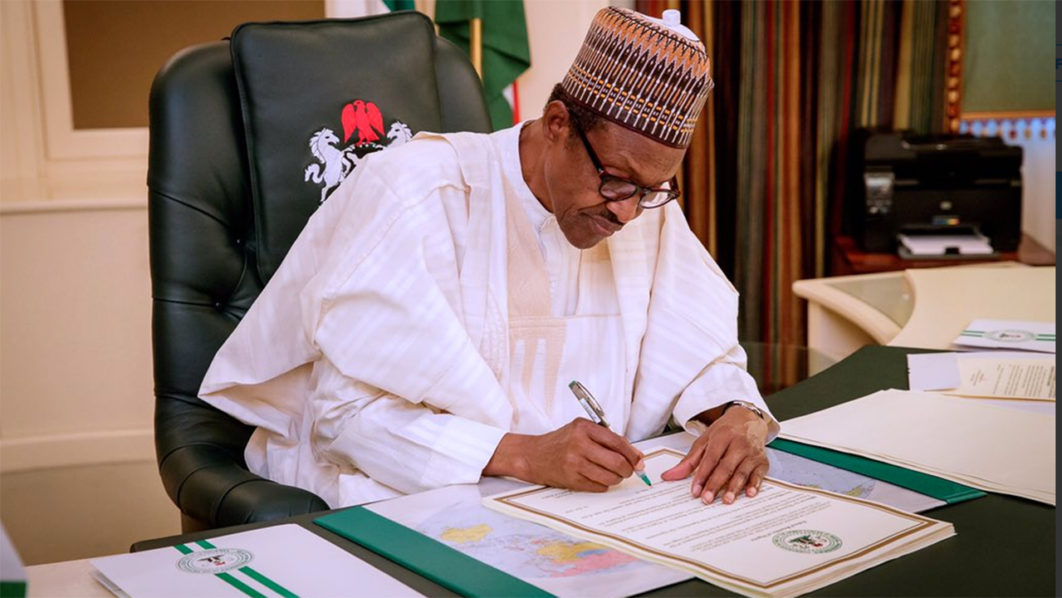Access to Justice (A2J) has decried the 2022 budget proposal for the judiciary, saying the sectors appropriation has been relatively stagnant.
A2J said poor funding of the judiciary would not likely place it in a favourable position to “put its best foot forward in the prevailing circumstances.”
According to the group, Nigeria’s 2022 proposed budget of N16.39trillion proposes an envelope of N120 billion for the judiciary, which it said, is a nine per cent increase on the current year’s budget of N110 billion. “Inflation is projected at over 13 per cent in the 2022 budget year. It is noteworthy that for the past three years, the judiciary’s budget has remained static at N110 billion even within the context of double-digit inflationary pressures. The judiciary’s budget covers salaries of superior court judges in Nigeria, as well as the recurrent and capital expenditures of federal judiciaries,” they explained. A2J through a statement by it Convener, Joseph Otteh and Project director, Deji Ajare, said: “It is not clear yet what aspects of the judiciary’s budget will represent capital votes, and what kinds of capital projects are accommodated by the budget.
“In the course of budget defence, the judiciary alluded to the fact that more appointments were made to fill the Supreme Court and other courts, as justification for increased funding. “Most courts were shuttered for a considerable part of 2020 as a result of measures announced by Federal and State governments to manage the COVID-19 pandemic and it took several months for courts nationwide to resume operations.
“Unfortunately, Nigerian courts are, even up to this time, not quite prepared to weather another storm if an exigency arises tomorrow.
“The envelope will not probably support courts to invest in the technology required to explore and adapt to digital justice delivery systems, automate court operations and build local capacity to navigate the transition to a more robust justice delivery landscape to stay ahead of the curve of the pandemic, irrespective of whatever wave is prevailing at any given time.” Notwithstanding this shoestring budget, A2J said it believes the judiciary can find spaces within its body to make significant progress in making the delivery of justice more efficient, affordable and satisfactory to Nigerians. The judiciary, the group said, has not articulated a portrait of what its justice delivery vision is, alongside its ideas for achieving that vision, nor built stakeholder consensus on that vision, which could have helped to galvanize key stakeholder and political buy-in and support.
“Rather the judiciary’s language has centred majorly on requiring infrastructure spending to support the appointment of Judges,” the group said. According to the group, President Muhammadu Buhari who has variously lamented his frustration with the judiciary and spoken of the dire need to reform it, and ensure that trials are speedily concluded has not matched rhetoric with action, beyond the fact that he has used strong-arm tactics to remove a sitting Chief Justice and politicise the appointments of Supreme Court Justices.

